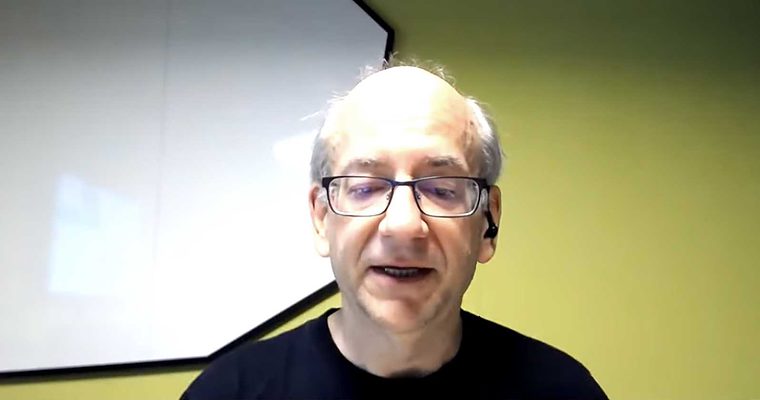
In a Webmaster Hangout, Google’s John Mueller was asked to define what a good link is and how to get them. John Mueller also made reference to “other signals” that can power up your rankings.
Example of a Good Link
The question asked is a good one. Here is what the publisher asked:
“Could I get an example of… what a good link would be…?”
Google’s John Mueller answered:
“A good link… so I mean the traditional good link is someone who comes across your website and thinks it’s a fantastic website and recommends it to other people with a link.”
Here’s what Google’s Mueller said:
“So basically on the one hand that involves some amount of self-promotion from your side like you have to get some people to come and visit your website somehow so that they can recognize that this is actually a good website.
And there are lots of ways that you can do that. And then that also involves one of those people or some of those people going well, this is a really fantastic website and I have another website that I can link, from where I can link to your website.
So it’s not the case that every visitor coming to your website will say it’s a fantastic website and I also have a website and let me link to your website from my website, but some of these people they can.”
He has a point. Many people approach link building like beggars asking for spare change. It’s a nuisance. Others approach it as a transaction and offer to pay for the links.
It seemed like the publisher didn’t like either options and was trying to find a way to build links that didn’t feel spammy to him.
Here is the follow up question:
“It seems like it would be a rarity. I’ve never really engaged in proactive link building but I honestly feel like we’ve kind of fallen behind because of that.
I think other websites maybe in the niche have a lot more inbound links and I’m not sure whether they’re actively reaching out to other webmasters, “Hey, can you link to us?”
I’m not sure… I should really do some more research on that but I think… there’s an importance there, right?”
“I think it’s tricky because on the one hand it is sometimes useful to reach out to people and say like, “Hey, look at my website, it’s like you have a great website, I have a great website, take a look at my content, our content kind of aligns… maybe you’d be able to recommend my content if you like it as well.
I mean there are different ways of framing that, there are lots of really kind of more spammy ways of doing it, like you mentioned like people just saying, well look I have this web page that matches five keywords on your other web page. Can you link to it?” Like, that’s not really that useful.”
Here’s where it gets super interesting. I’ve long suspected that the role of links has been shrinking. Natural links seem like they don’t happen often anymore.
If Google is discounting non-natural links, then what else is Google using?
John Mueller seems to acknowledge there are other signals that Google uses:
“The other thing to keep in mind is we use a lot of different things for ranking and it’s not just links.
So especially if you’re active in an area where people tend not to link a lot, that’s something that the other competitors have to work with as well and where we do try to pick up other signals to see like this is actually a pretty good website.”
Links Are Still Important
John Mueller finished by affirming the importance of links. His answer wasn’t an end to end link strategy, but it’s good that he affirmed that promotion is important and that it doesn’t need to be spammy.
Here’s what he said:
“Links are really important for use to find content initially. So it’s like if nobody links to your website ever then we’re going to have a hard time recognizing that it even exists.”
One more insight that bears pointing out. Mueller said that if the content is good, that once it’s found, links aren’t critical.
“But once we found it and started crawling it and started indexing its content and seeing that it’s pretty good stuff then those links are generally not that critical anymore.”
